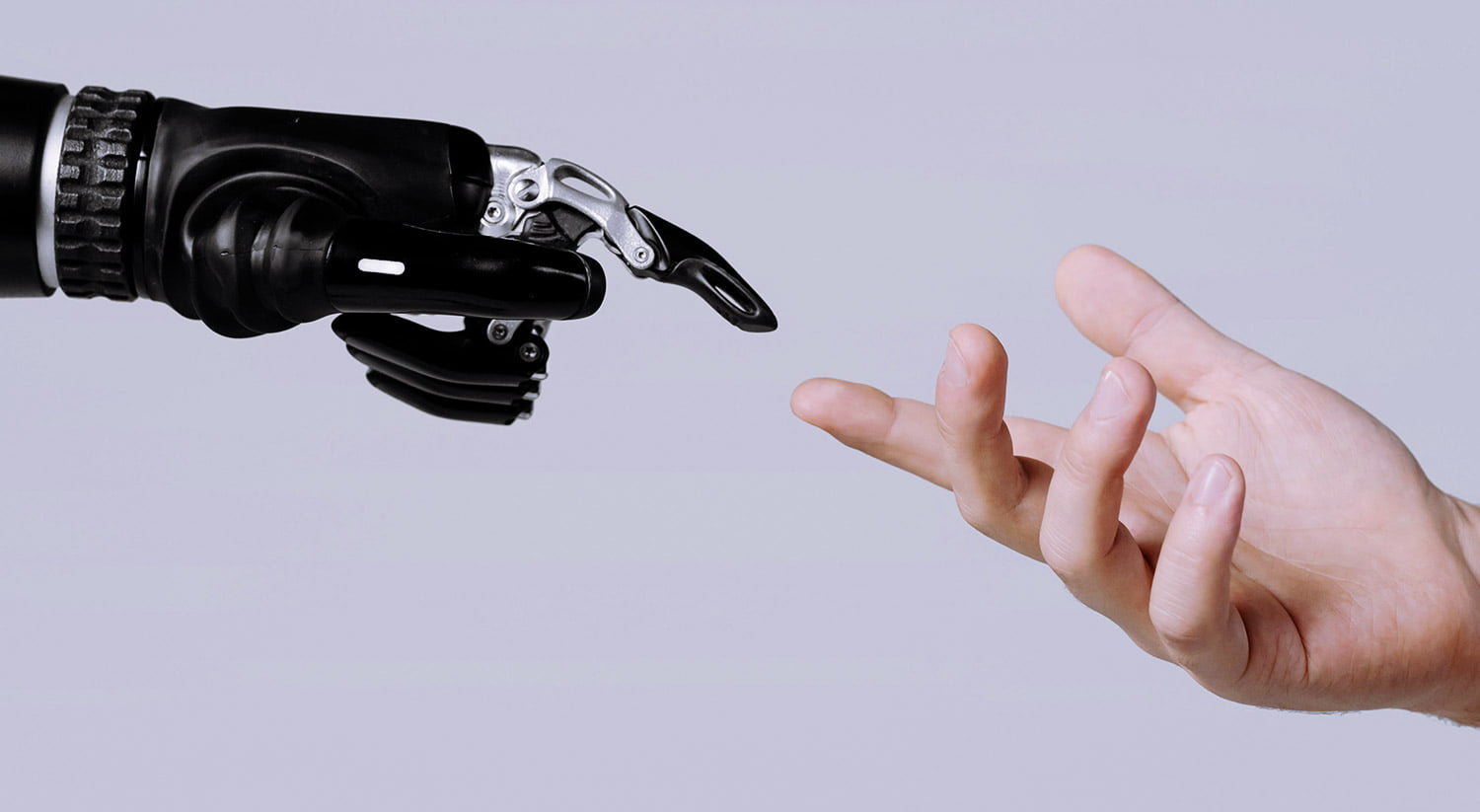
Artificial intelligence is revolutionising every area it touches, and translation is no exception. Over time, automatic translators have become more sophisticated and have reached a level of accuracy that was unthinkable years ago.
Now, with artificial intelligence, everything suggests that we will once again experience a revolution in translation that will change the way we communicate, improving its efficiency and almost completely eliminating language barriers. Let’s take a look at the advantages this will bring to our day-to-day lives.
Advantages of AI in translation
Translation of large amounts of data
One of the advantages of artificial intelligence in translation is its ability to process large amounts of text in multiple languages in a very short time with significantly better results than traditional machine translation, allowing for faster and more agile translation of documents and texts.
More accurate translation
Artificial intelligence offers suggestions and recommendations based on the specific context and domain of the text you are translating. This helps to improve coherence and consistency in translated texts.
Real-time translation
In addition to translating large amounts of data and more accurate translation, artificial intelligence significantly improves real-time translation and improves fluency in multilingual situations.
Imagine a work meeting with people from different parts of the world, each one of them speaking a different language. Thanks to advances in artificial intelligence and translation, every member of the group could listen to the meeting in their mother tongue and communicate with the rest of the people, reducing costs and time.
As in the previous case, we could extrapolate this to a live broadcast on Twitch or via YouTube channels.

Audio and video transcription
Traditional transcription techniques are often laborious and slow. The implementation of artificial intelligence makes possible to transcribe audio and video content with incredible accuracy and speed.
This has opened up new opportunities for content creators, media professionals and businesses looking to harness the power of audio and video content.
The future of artificial intelligence and translation
At Talkao we have been working closely with artificial intelligence for months in order to bring new and better translation experiences to our users. The potential offered by this technology is incredible and we are very excited about the new possibilities it presents us with.
As a technologist, I see how AI and the fourth industrial revolution will affect all aspects of people’s lives.
Fei-Fei Li, professor of computer science at Stanford University
Thanks to artificial intelligence we have been able to improve, for example, voice translation, achieving much more accurate detection than with traditional methods. We have integrated translation and augmented reality (AR) to offer a new experience where you can translate conversations in real time or any object around you.
Artificial intelligence will not replace human translation
Although we see that advances in artificial intelligence are promising, human translation will continue to be necessary. AI is a great help and complements the work of human translators, but it cannot completely replace their expertise and cultural knowledge.
We should not rely entirely on the results of artificial intelligence, especially in cases where understanding is crucial and misunderstanding can cause irreparable damage.
Translation is a complex process involving contextual understanding, wordplay and cultural adaptation, where humans remain indispensable.
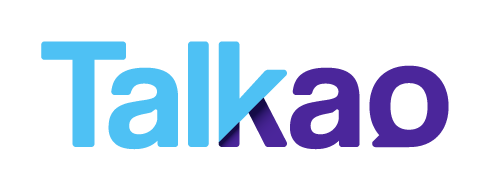


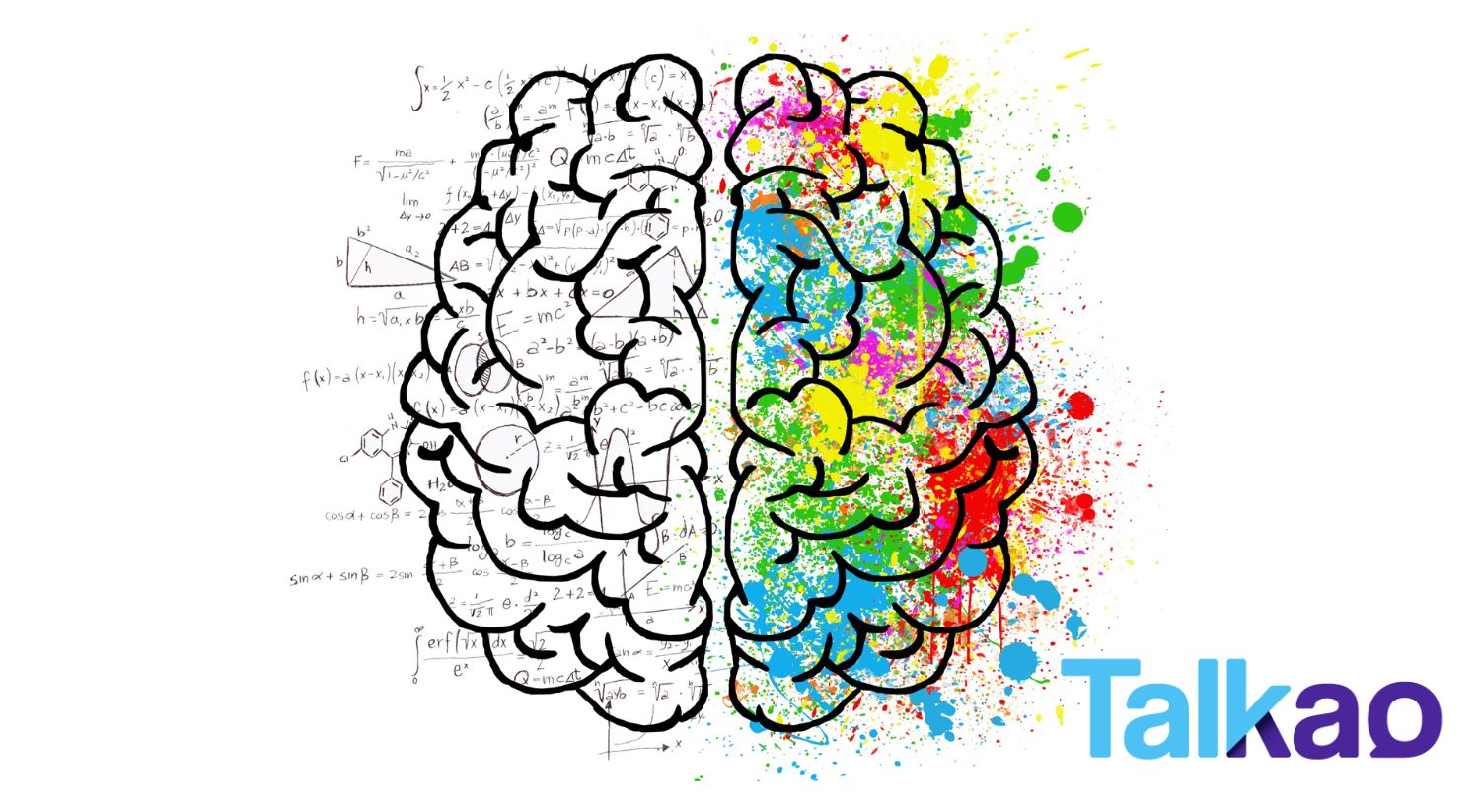

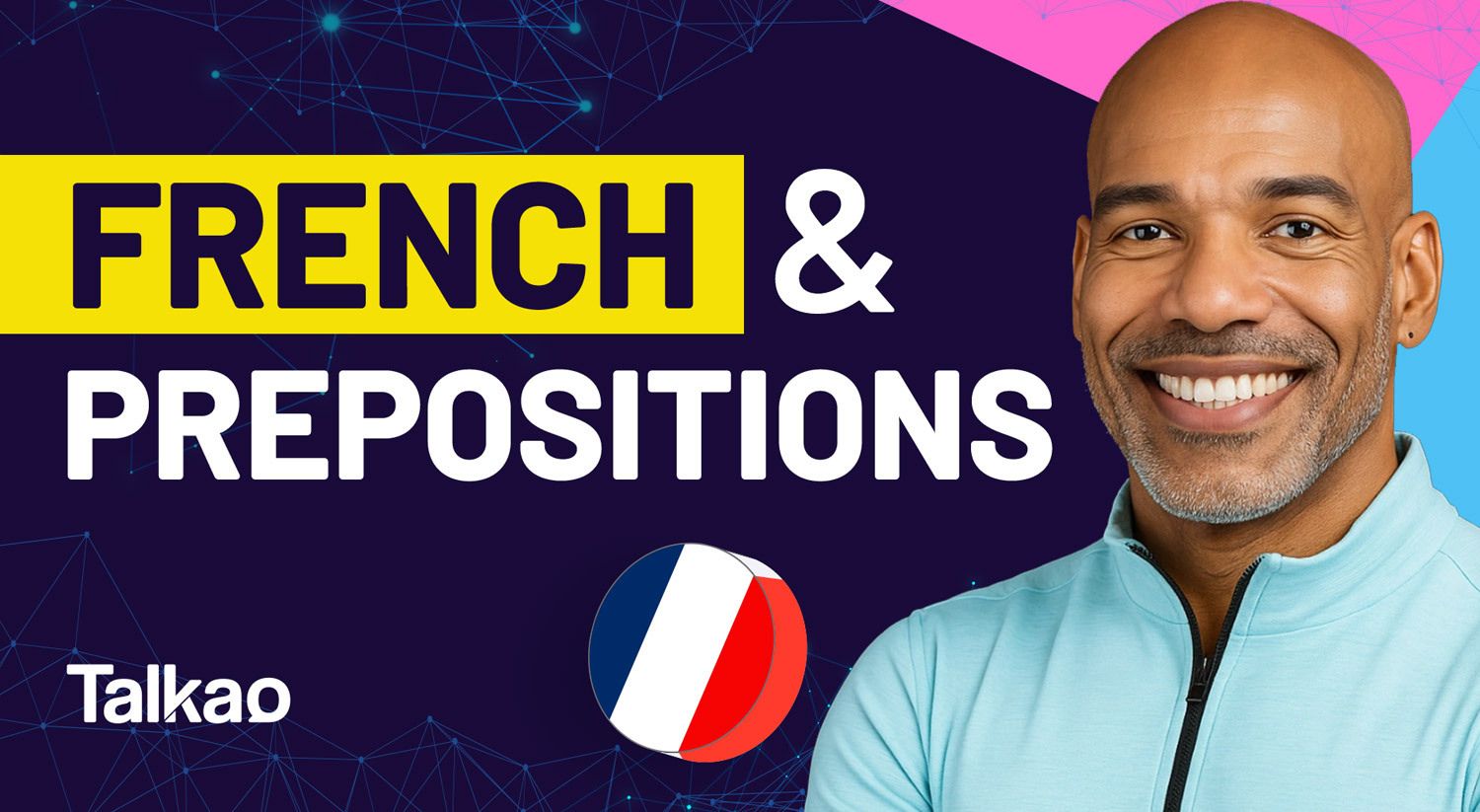
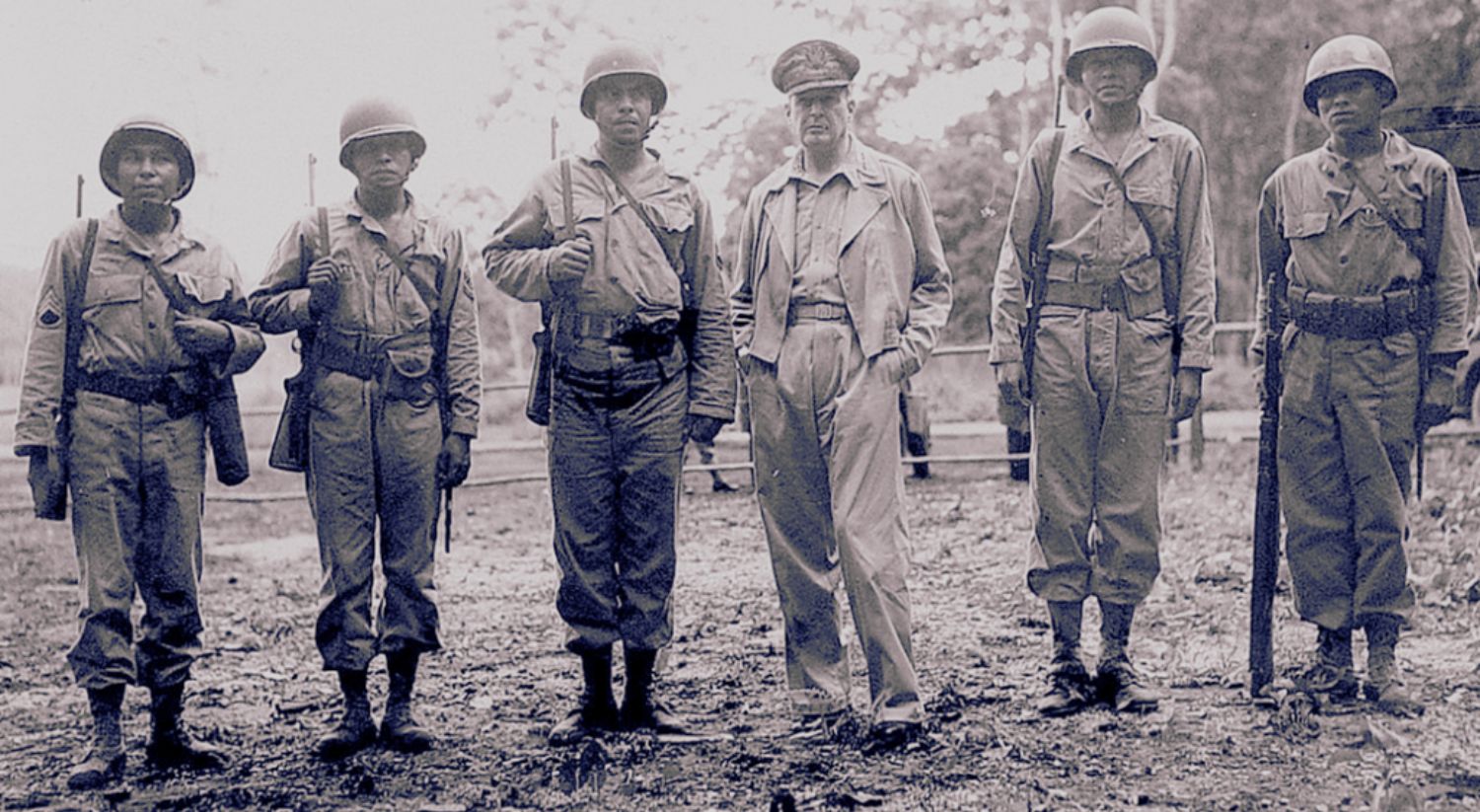
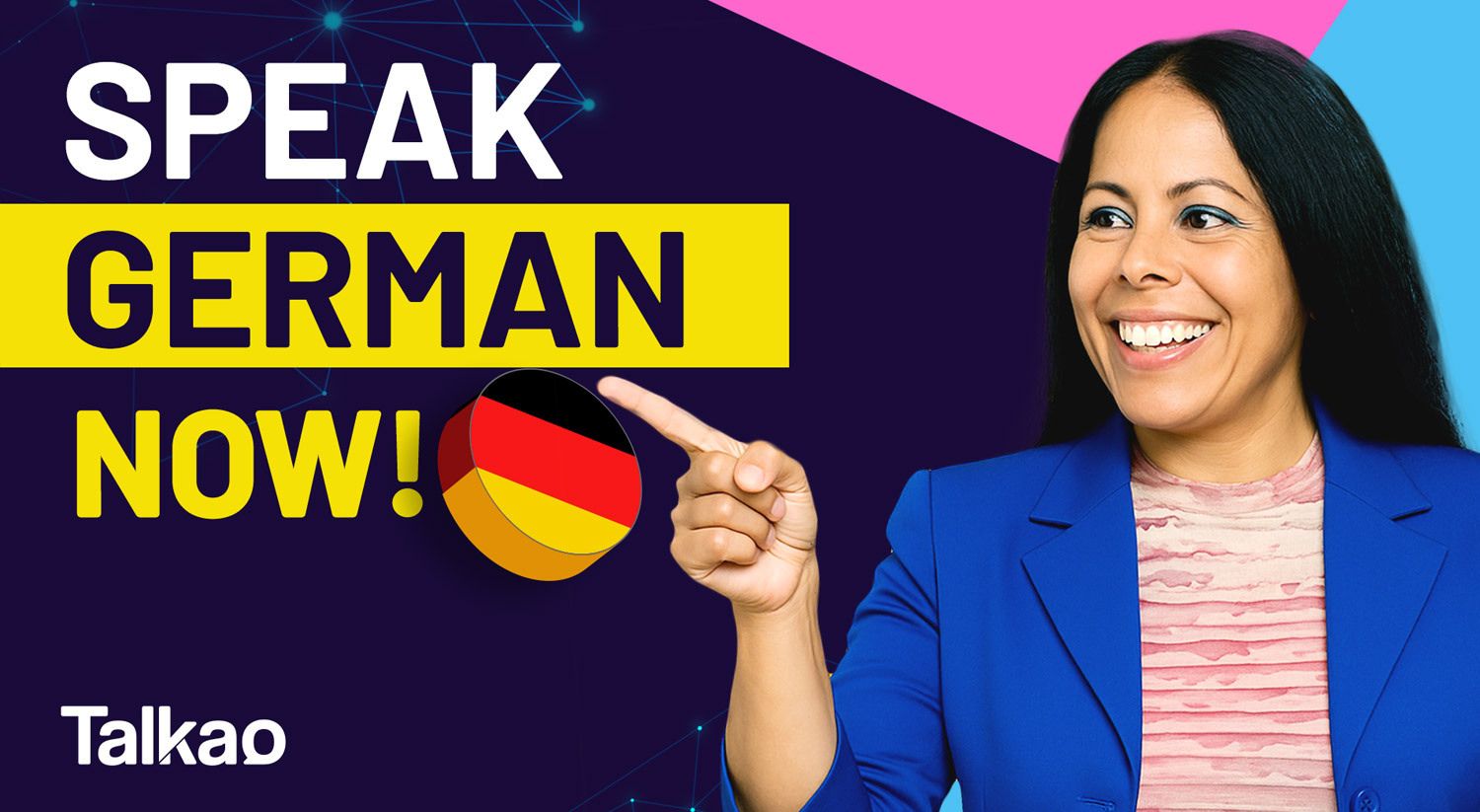
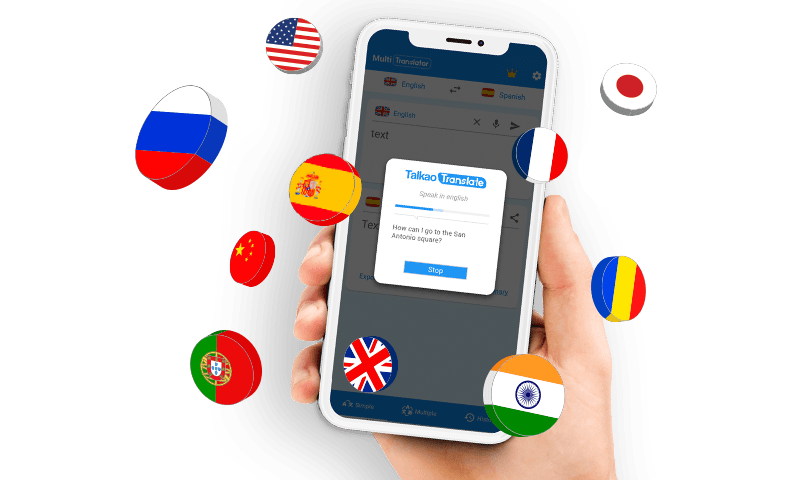

Newsletter